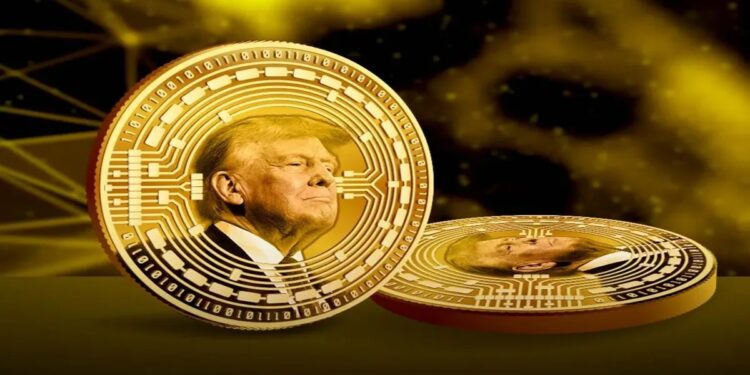For years, large parts of the cryptocurrency industry viewed Donald Trump as an unlikely ally. His confrontational style and disdain for traditional regulatory institutions made him appear, to many in the sector, as a potential wrecking ball to the status quo—a figure who might clear the path for decentralised finance to flourish. But as the 2024 US election campaign intensifies, many in the crypto world are reassessing their allegiance.
The change in tone began quietly but has grown more pronounced in recent weeks. Key players and influencers in the crypto space, once enthusiastic about Trump’s deregulatory posture, are now voicing concerns that his renewed interest in crypto stems not from ideological commitment but from personal financial ambition.
A string of Trump-themed NFTs, launched since leaving office, have raised millions. While legal, the former president’s monetisation of the crypto space has been interpreted by many as a sign that he sees the sector less as a policy battleground and more as a revenue stream. His recent remarks endorsing crypto’s “freedom” potential were immediately followed by fundraising appeals and merchandise drops. “He’s not here to protect Bitcoin. He’s here to sell Trump coins,” said one prominent developer on X (formerly Twitter).
The industry’s shift also reflects changing expectations around regulation. Many had hoped Trump’s return to the White House would mean swift rollbacks of SEC actions and the shelving of central bank digital currency plans. But scepticism is growing over whether any of that would actually materialise, especially if his top advisers favour a more cautious approach. While Trump has pledged to “end Biden’s war on crypto,” there is little clarity on how he would achieve that, or whether it would extend beyond symbolic gestures.
Meanwhile, the Biden administration—despite regulatory pressure on crypto exchanges—has recently shown signs of softening. Treasury officials have engaged more constructively with blockchain stakeholders, and bipartisan efforts in Congress are advancing to establish clear legal frameworks for stablecoins and digital assets. The contrast is beginning to weigh on industry sentiment.
The divide is most visible in campaign donations. Trump’s super PACs have attracted some high-profile crypto money, particularly from libertarian-leaning investors, but newer funding efforts are more cautious. Major crypto exchanges, while quietly lobbying both parties, are avoiding overt public alignment. “There’s a growing understanding that short-term cheerleading won’t deliver long-term policy stability,” said a lobbyist working with multiple fintech firms.
For now, Trump remains a polarising figure within the crypto community—still hailed by some for his anti-establishment tone, but increasingly mistrusted for appearing to commodify the movement for personal gain. As one executive at a decentralised finance firm put it: “We thought he’d fight for us. Now it feels like he’s just cashing in.”
With crypto no longer the outsider cause it once was, the industry’s backers are growing wary of backing candidates who treat it as a branding tool. The coming months will reveal whether the sector’s political capital is used to shape genuine policy—or simply to bankroll another round of campaign merchandise.
newshub finance



Recent Comments